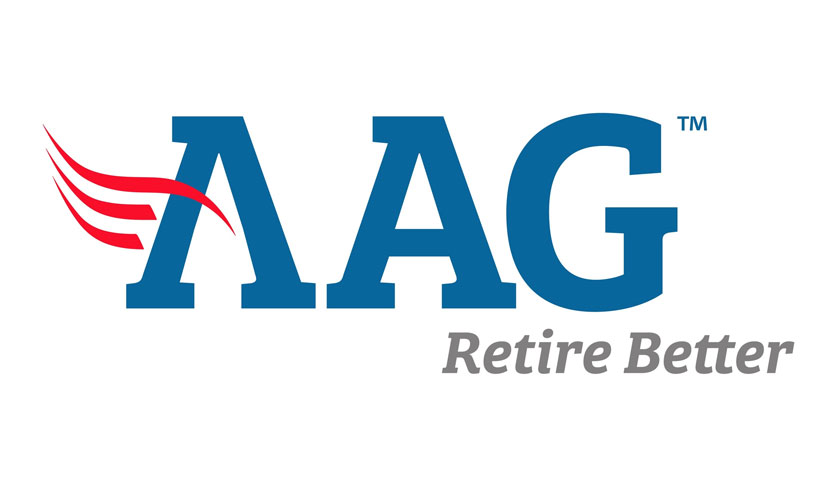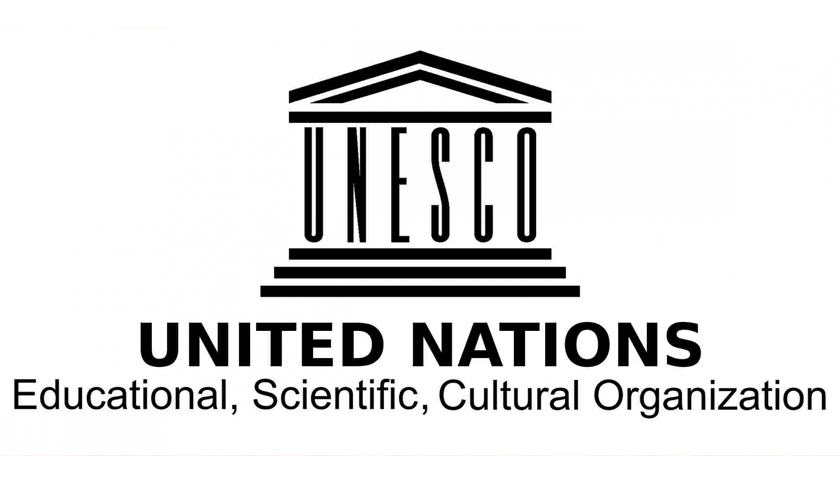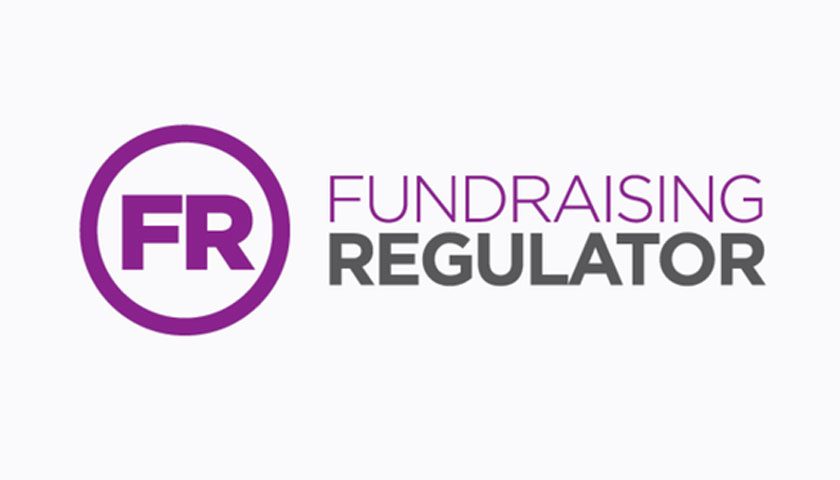Financial criminals have seized an opportunity created by the COVID-19 pandemic to target and exploit older Americans. To combat this ever-growing threat, American Advisors Group (AAG) and Better Business Bureau Serving the Pacific Southwest (BBB) have launched the COVID-19 Senior Scams campaign as part of their Savvy Seniors Program partnership. The campaign features a series of educational lessons that teach seniors how to spot and stay vigilant against COVID-19 related fraud.
“Seniors remain one of the most sought-after targets by scammers and this pandemic has created a batch of new schemes,” said AAG Chief Marketing Officer Martin Lenoir. “With our entire customer base comprised of older Americans, we felt it was important to provide these specific courses during these confusing and uncertain times.”
To adjust to the current state of affairs, the Savvy Seniors team quickly shifted from its traditional function of hosting in-person seminars to creating free, digital material with easy-to-read messaging for the senior demographic. Savvy Seniors’ digital lessons will be displayed on both the AAG and BBB website’s, and will be distributed via social media and email newsletters to seniors across the nation.
COVID-19 scam lessons were based on types of scams that were identified by the BBB as being threats to seniors and include resources for seniors who feel they have been victimized. The five COVID-19 lessons cover the following types of scams:
- Coronavirus Related Email Scams
- Government Relief Check Scams
- Fake Coronavirus Product and Cure Scams
- Charitable Giving and Crowdfunding Scams
- Price Gouging and Advertising Scams
“Scammers prey on headlines to take advantage of vulnerable individuals,” said Michael Sedio, VP and General Counsel at the Better Business Bureau. “At this time, seniors are even more susceptible to scam tactics relating to COVID-19, including phishing attempts, misinformation, and potentially harmful false product claims.”
For Immediate Help
If a family member suspects that their loved one has been involved in a scam, they are encouraged to contact the U.S. Senate Special Committee on Aging’s Fraud Hotline.



